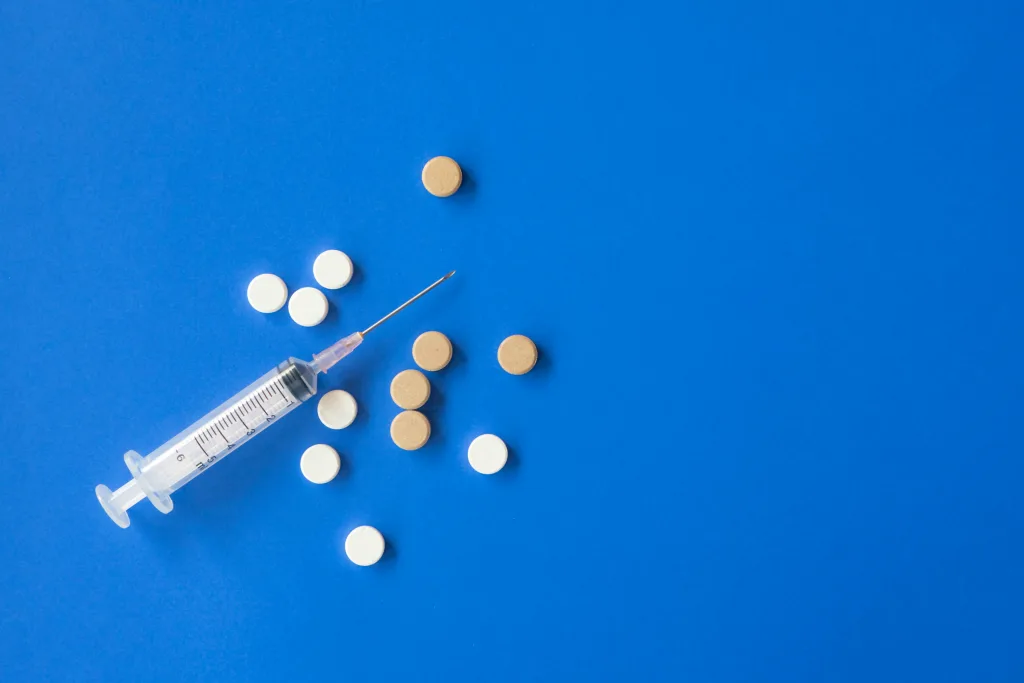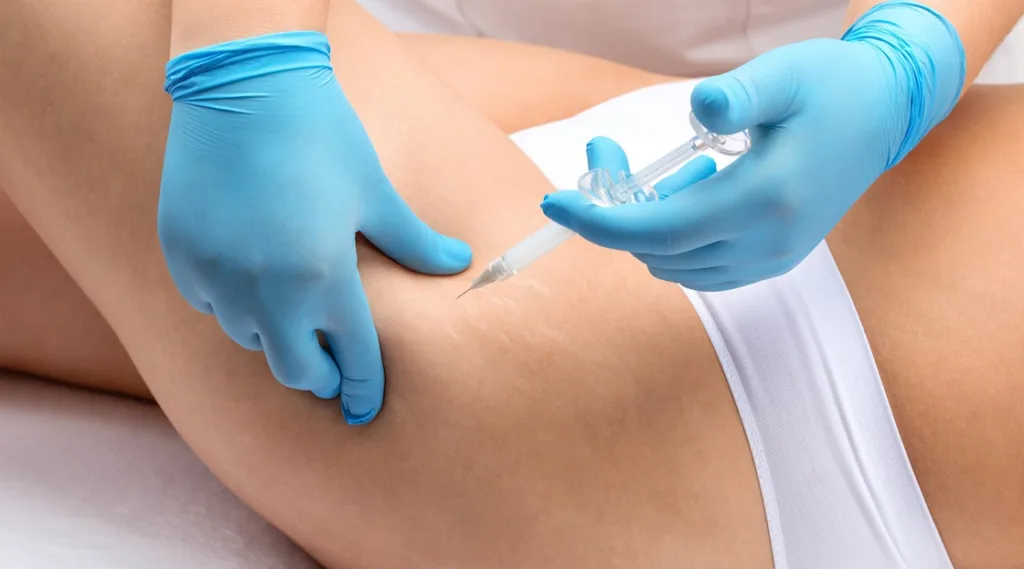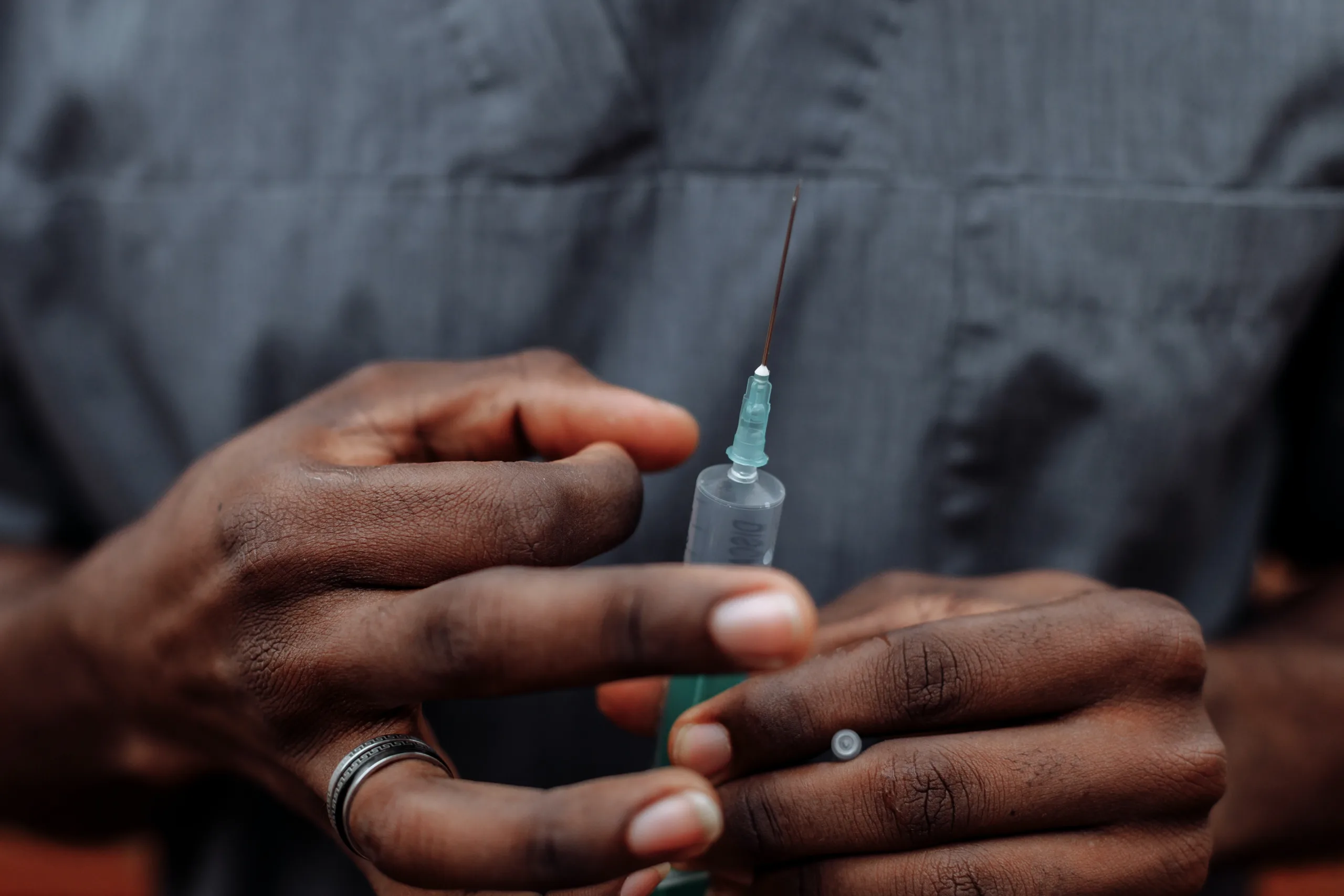Obesity has become a global epidemic, with over 650 million adults worldwide classified as obese. This alarming statistic has led to a surge in interest regarding sustainable and effective weight loss techniques. Among the myriad of solutions being explored, weight loss injections have gained traction as a potentially viable avenue for accelerated fat reduction. However, before considering this route, it is crucial to understand some vital facts about these injections. This comprehensive blog post unravels 5 key aspects you must know before opting for weight loss injections.

Unveiling Weight Loss Injections
With rising obesity levels and the associated health risks, individuals are desperately seeking out new and innovative ways to shed excess pounds. This has stimulated interest in weight loss injections as an avenue to turbo-charge fat loss. But what exactly are these injections and how do they work?
Weight loss injections introduce specific formulations directly into the body to target stubborn fat deposits. The injected substances can include hormones, minerals, vitamins or other agents that aid fat metabolism and appetite suppression. Depending on the type, these powerful injections can stimulate enhanced fat breakdown, control hunger signals or boost energy expenditure. When combined with lifestyle measures, proponents believe weight loss injections may accelerate results.
Several varieties of these injections exist in the marketplace:
- Lipotropic injections contain a blend of methionine, inositol, choline and other ingredients to amplify liver fat metabolism. They help remove fat from the liver while preventing abnormal accumulation. Some formulations also include L-carnitine for increased fat burning.
- Vitamin B12 injections provide an energy boost and can ameliorate fatigue, which helps improve exercise performance essential for weight loss. Vitamin B12 also aids metabolism and supports immune function.
- HCG or human chorionic gonadotropin injections remain controversial but may spur fat release while preserving muscle. HCG mimics the hormone produced during pregnancy and targets abnormal fat distribution. However, experts disagree on its safety and efficacy for weight loss.
- Other hormone injections like growth hormone, testosterone or thyroid stimulating substances are also sometimes used. However, the risks with unsupervised hormone use are very high. Always exercise extreme caution and medical oversight when considering hormone-related injections.
With so many options available, it is vital to research diligently under medical supervision before selecting suitable injections aligned with your health status and weight goals. Getting personalized guidance from a trusted healthcare practitioner is strongly advised when exploring weight loss injections. Your provider can assess your condition, recommend appropriate regimens based on your needs, and monitor progress and side effects. Making well-informed choices is crucial before embarking on this path.

Understanding Effectiveness and Risks
Do weight loss injections live up to their claims for accelerated fat reduction? How do they compare against traditional diet and exercise approaches to lose weight? These are pivotal questions to address.
According to various studies, certain injections may support more rapid initial weight loss compared to lifestyle measures alone. For example, a 12-week study on obese individuals published in The Journal of Nutrition found that participants receiving daily HCG injections lost over 20 lbs compared to just over 5 lbs in the control group following only a strict low-calorie diet. However, the long-term sustainability of these results remains debatable.
Potential benefits of weight loss injections include:
- Enhanced fat metabolism and release of triglycerides for energy use.
- Appetite suppression and reduced cravings, enabling lower caloric intake.
- Increased fat burning and expenditure of energy.
- Avoidance of muscle loss while targeting fat reduction.
- Accelerated initial rate of weight loss, especially in the first few weeks.
- Improved adherence when combined with diet and exercise plans.
- Convenience compared to medical weight loss procedures like bariatric surgery.
When coupled with healthy eating habits and regular physical activity, weight loss injections can optimize and hasten weight loss results, especially in the initial phases of treatment.
However, some risks and side effects do exist that must be considered:
- Injection sites may develop pain, swelling, bruising or infection when improperly administered. Using sterile techniques minimizes this risk.
- General health risks if unsupervised, including complications like pulmonary embolism with certain formulas. Always obtain medical oversight.
- Potential allergic reactions to ingredients in those predisposed. Undergo skin allergy testing prior.
- Lightheadedness, headache or nausea in some users as the body adjusts. Stay well hydrated.
- Theoretical risk of gallstone formation with rapid fat loss but no cases observed.
- No long-term data exists on certain injections regarding effects on chronic disease.
Discuss your complete medical history thoroughly with a healthcare professional to mitigate these risks. Bloodwork and follow-ups are key to safeguard against adverse events. The takeaway? Weight loss injections may accelerate fat reduction initially but require integration with sustainable lifestyle strategies for long-term success. Have open conversations with your provider about expected outcomes, precautionary protocols and personal risk factors.

Candidacy and Considerations
Are weight loss injections suitable for everyone wishing to lose weight? What should you specifically contemplate before opting to begin an injectable regimen? The answers depend on several individual variables.
In general, weight loss injections are often considered for:
- Obese individuals with a body mass index over 30.
- Those with metabolic disorders like type 2 diabetes where weight loss can improve outcomes.
- People struggling to lose weight through conventional diet and exercise alone.
- Candidates unable to have weight loss surgery due to health or financial constraints.
Ideal candidates should first and foremost be medically cleared as healthy to safely undergo injectable therapy under supervision. A thorough assessment of personal health status, medical history, risk factors, and the nature of desired weight loss is warranted.
Several factors also warrant reflection beforehand:
- Presence of any health conditions that may be contraindicated, like diabetes, thyroid dysfunction or heart disease.
- Willingness to complement injections with improved dietary habits and increased physical activity. Lifestyle changes are still required.
- Readiness to comply with routine blood testing before and during treatment to monitor health markers.
- Understanding the financial costs involved, as most injections are considered aesthetic and not covered by insurance.
- Clear expectations about anticipated results – differentiate fat loss versus total weight loss.
- Alignment with your overall weight goals, lifestyle and specific reasons motivating you toward injections.
- Commitment to consistency with the injection regimen and required follow-up appointments over the long-term.
Thorough evaluation of these parameters is advised through in-depth consultations with qualified healthcare experts like obesity medicine specialists or your primary care physician. Do your homework to find a reputable provider able to offer you tailored guidance regarding appropriateness, safety precautions, dosage regimens and accompanying lifestyle changes needed to actualize your goals.
Integrating Injections into Your Weight Loss Plan
Weight loss injections are not magic bullets on their own. For long-term transformation, they need to be integrated thoughtfully within holistic programs also encompassing nutrition, physical activity and lifestyle education.
Here are some expert-recommended pointers on combining injections strategically into comprehensive weight loss efforts:
- Use injections at the start to initiate rapid initial fat loss and momentum. Follow up with sustainable nutrition plan and training regimen afterward.
- Allow injections to complement your commitment to proper meal planning, caloric deficits and moderation of empty calories.
- Schedule injections at optimal times such as prior to vigorous exercise days to maximize fat burning effects.
- Monitor your progress through measurements like body fat percentage and waist size, not just the number on the scale.
- Maintain consistency with your injection therapy, never missing dosages or appointments. This optimizes benefits.
- Periodically re-evaluate your regimen with your provider – adjust frequency or formula if needed over time.
- Stay realistic about projections – expect to transition toward maintenance mode after the rapid results seen initially.
- Be patient and persist even through plateaus – adherence is vital.
When administered correctly under medical guidance as part of holistic weight management, weight loss injections can be powerful catalysts and allies on your wellness journey. But lasting transformation ultimately relies on cultivating core lifestyle habits around nutrition, activity and mindfulness. Employ injections judiciously as tools that complement, not replace, these foundations.
For instance, Marissa utilized lipotropic injections to jumpstart her weight loss journey after hitting a plateau despite diet and exercise. Under her physician’s supervision, she began a thrice-weekly regimen of methionine, inositol, choline and carnitine injections. Alongside these, Marissa also commenced cooking nutritious balanced meals, cycling 3 times per week and tracking her caloric intake.
After losing 15 lbs and 4% body fat in the first month with the assistance of injections, Marissa’s motivation was propelled to maintain her new healthy behaviors. She continued her injections for 3 more months while actively building these wellness habits. Within 6 months, she successfully reached her goal weight and body composition by strategically integrating injections into comprehensive lifestyle reform.

Informed Choices for Weight Loss
In summary, before considering weight loss injections as part of your health strategy, be empowered with these key facts:
- Many types of injections exist, from lipotropic formulas to controversial hCG. Select only under medical guidance per your needs.
- Results may be rapid at first but long-term sustainability requires permanent nutrition and exercise improvements.
- Some side effects like bruising or headaches are possible, though minimize risks with qualified oversight.
- Candidacy is determined after complete medical screening and examination by obesity medicine experts.
- Injections can be cost-prohibitive and are seldom covered by insurance – account for this.
- True transformation occurs only when combined with accountability, activity and ingrained healthy habits.
Armed with these insights, have candid discussions with your healthcare providers regarding your history and goals. Be open about your struggles with weight and expectations from injectable therapy. Commit to requisite blood testing and consistent follow-ups throughout your regimen.
The decision to pursue weight loss injections should be made carefully based on your unique circumstances. But with wise counseling and dedication to forging improved lifestyle habits, injectable solutions may amplify and accelerate your results when used judiciously. Here’s to your amazing health transformation ahead!
Thank you for reading this post, don't forget to subscribe to our free newsletter
!
